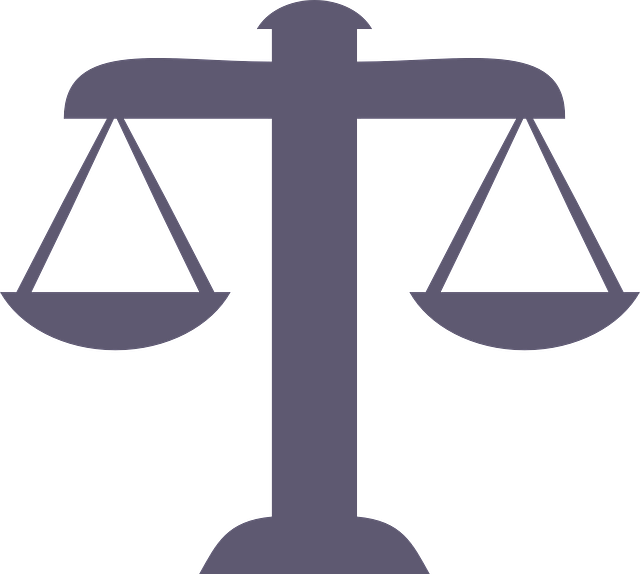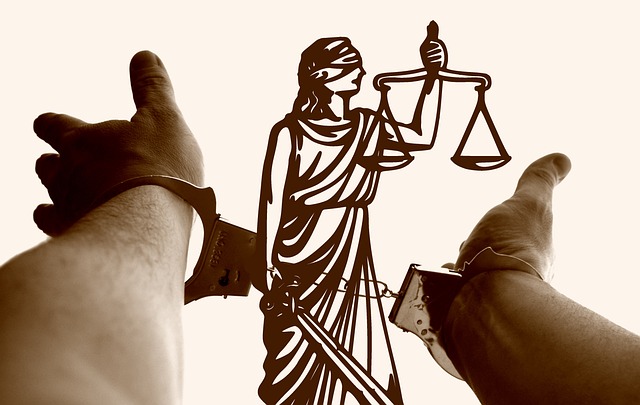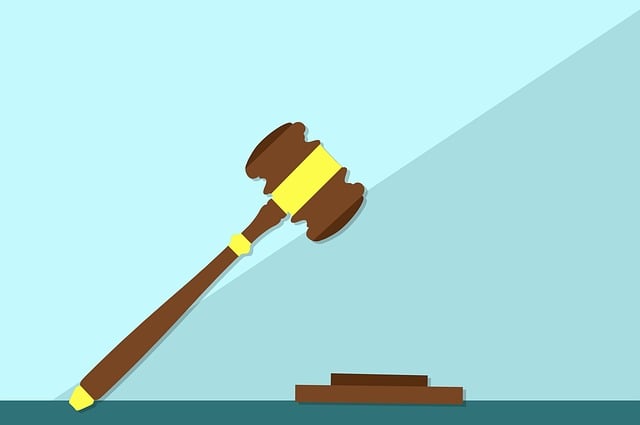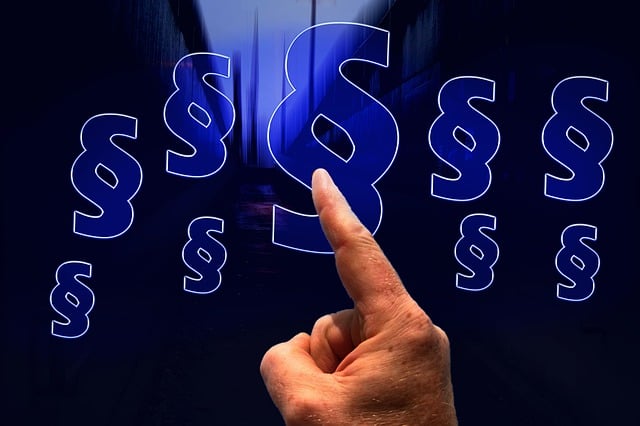Public corruption cases involve complex legal battles where specialized attorneys navigate charges like bribery and misuse of funds. Understanding personal injury settlement offers is crucial for accused individuals to mitigate damages, avoid indictment, and restore societal trust in justice, which can profoundly impact victims' lives and society's faith in government institutions. Effective defenses include challenging evidence and witness testimonies, leveraging legal loopholes, and knowing rights through plea bargaining or jury trials.
Public corruption charges carry grave implications, undermining public trust and destabilizing societies. This article delves into the intricate world of these charges, exploring their legal framework, from defining key terms like “public corruption” to understanding the elements needed for conviction. We analyze settlement negotiations, examining strategies for both accusers and accused individuals, while also considering the profound impact on victims and society at large. Additionally, we offer insights into defense mechanisms and potential resolutions, providing a comprehensive guide in light of these significant legal matters, including relevant considerations for understanding personal injury settlement offers.
- Defining Public Corruption Charges: Legal Framework
- Elements of Proof in Settlement Negotiations
- Impact on Victims and Society
- Strategies for Accused Individuals: Defense and Resolutions
Defining Public Corruption Charges: Legal Framework
Public Corruption Charges refer to legal accusations against individuals or entities within government or public office who abuse their power for personal gain. This can manifest in various forms, such as bribery, extortion, fraud, or misuse of public funds. Understanding Public Corruption Charges necessitates delving into the legal framework that defines and addresses these issues. Each jurisdiction has established laws and regulations to combat white-collar and economic crimes, which encompass a range of activities from embezzlement to conspiracy.
The legal landscape surrounding Public Corruption Charges is designed to ensure fairness, transparency, and accountability. Prosecutors must navigate complex statutes and regulations to build robust cases against accused individuals or organizations. A successful defense for those charged with white-collar crimes often involves strategies aimed at avoiding indictment, such as challenging the admissibility of evidence, questioning witness credibility, and leveraging legal loopholes. The intricate nature of these cases demands skilled representation from attorneys specializing in white-collar defense.
Elements of Proof in Settlement Negotiations
When negotiating a settlement in public corruption cases, understanding the elements of proof is crucial. While the goal may be to avoid an indictment and its potential consequences, the process involves navigating a complex legal landscape. Prosecutors often present a strong case with extensive evidence, including documentation, witness testimonies, and financial records, aiming to secure a guilty plea or conviction.
Settlements can be particularly appealing in these cases due to their ability to provide a quicker resolution. However, individuals must comprehend the weight of the evidence against them and assess whether accepting a settlement offer is a strategic move or a desperate attempt to avoid indictment. An unprecedented track record of successful prosecutions across the country underscores the importance of careful consideration during these negotiations.
Impact on Victims and Society
Public corruption charges can have a profound and lasting impact on victims and society as a whole. When public officials abuse their power for personal gain, it erodes trust in government institutions and undermines the very fabric of democratic principles. Victims of corruption often face not only financial losses but also emotional distress, as they may have been defrauded or mistreated due to the official’s misconduct. This can lead to a sense of vulnerability and distrust, affecting their daily lives and well-being.
Moreover, societal trust in legal systems and justice is crucial for maintaining order and fairness. A successful prosecution that results in a complete dismissal of all charges can restore this trust, demonstrating that corruption will not be tolerated. Achieving extraordinary results in such cases, with an unprecedented track record of convictions, sends a strong message that public officials are accountable to the laws they enforce and the citizens they serve. This encourages transparency, integrity, and a renewed commitment to serving the public interest.
Strategies for Accused Individuals: Defense and Resolutions
When facing public corruption charges, accused individuals must navigate a complex legal landscape. Their strategies for defense and resolution vary widely depending on the specifics of the case. One crucial step is to understand personal injury settlement offers, which can serve as a means of mitigating damages and reaching an agreement outside of court. This approach can be particularly beneficial in avoiding indictment and potentially reducing the overall impact on the accused’s reputation and financial stability.
Effective defense often involves building a robust legal argument based on the nuances of the case. This may include challenging the admissibility of evidence, questioning witness testimonies, and leveraging legal loopholes to undermine the prosecution’s case. For his clients, securing a favorable outcome can mean the difference between facing severe penalties, including jail time and hefty fines, and achieving a more moderate resolution. Whether through plea bargaining or jury trials, understanding one’s rights and options is essential in navigating this challenging phase.
Public corruption charges significantly impact society, undermining trust in public institutions. Understanding the legal framework, elements of proof, and potential resolutions is crucial for both victims seeking justice and individuals facing such accusations. By navigating the complexities of these cases, from defining charges to negotiating settlements, accused persons can employ strategic defenses while considering the broader societal implications. Moreover, recognizing the impact on victims encourages a transparent and accountable governance system, ultimately fostering a more just society. In light of these considerations, both legal professionals and the public must stay informed to effectively combat and resolve public corruption cases, including understanding personal injury settlement offers within this context.






